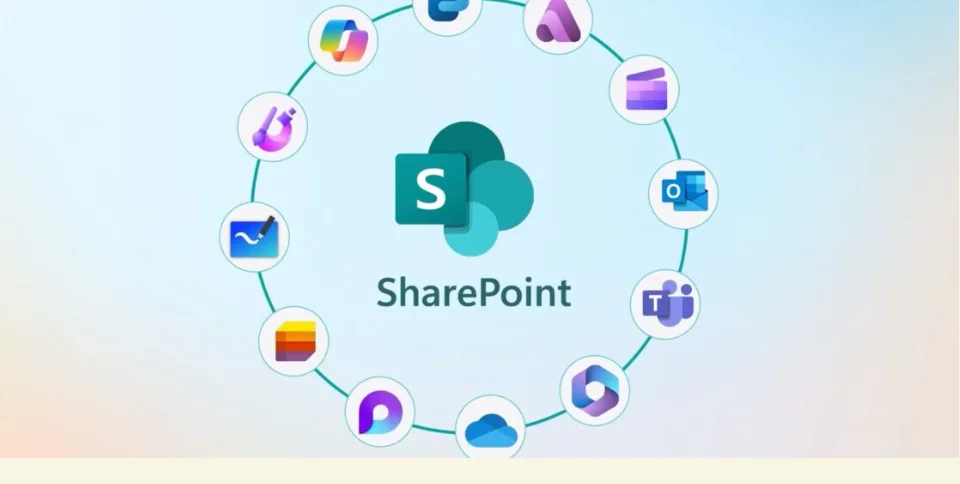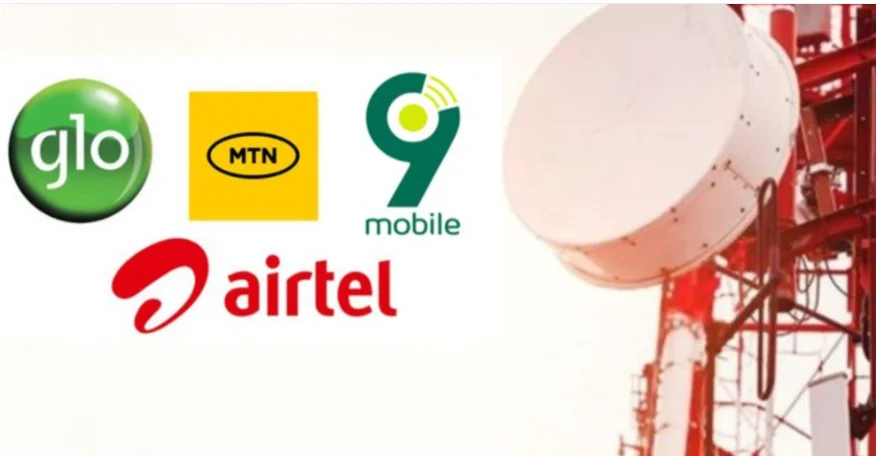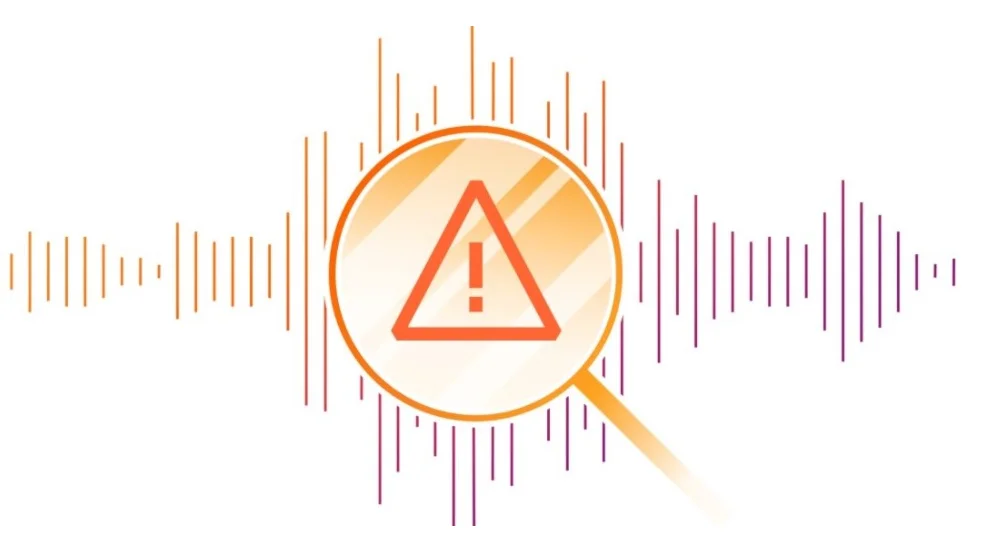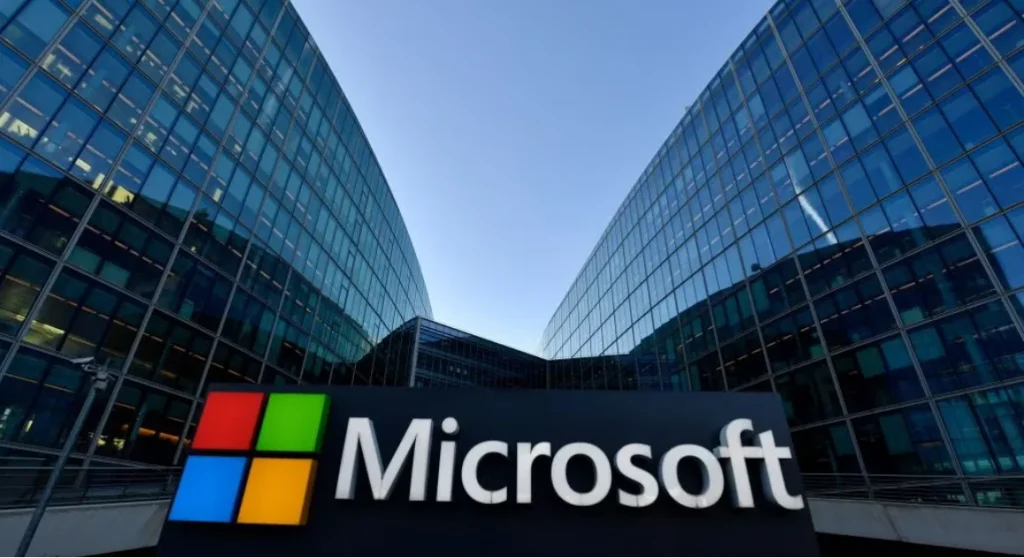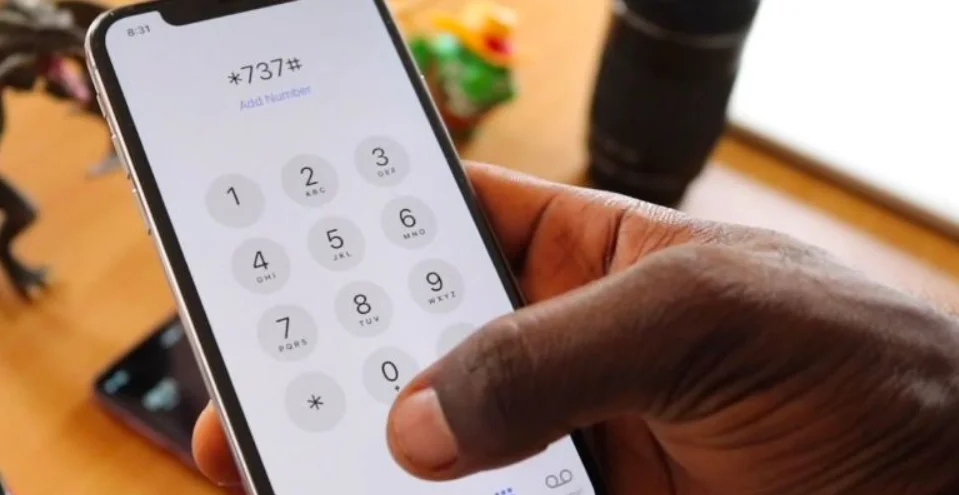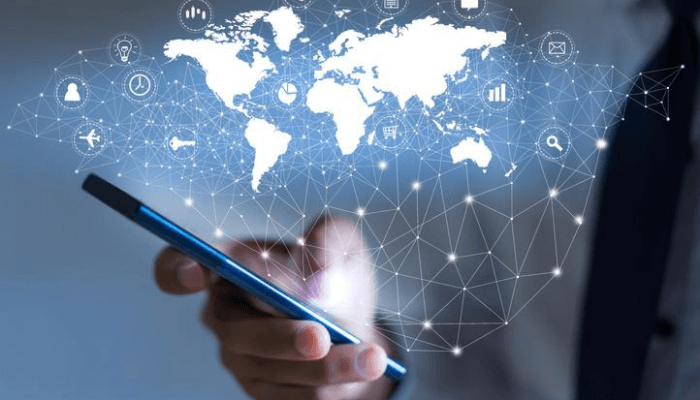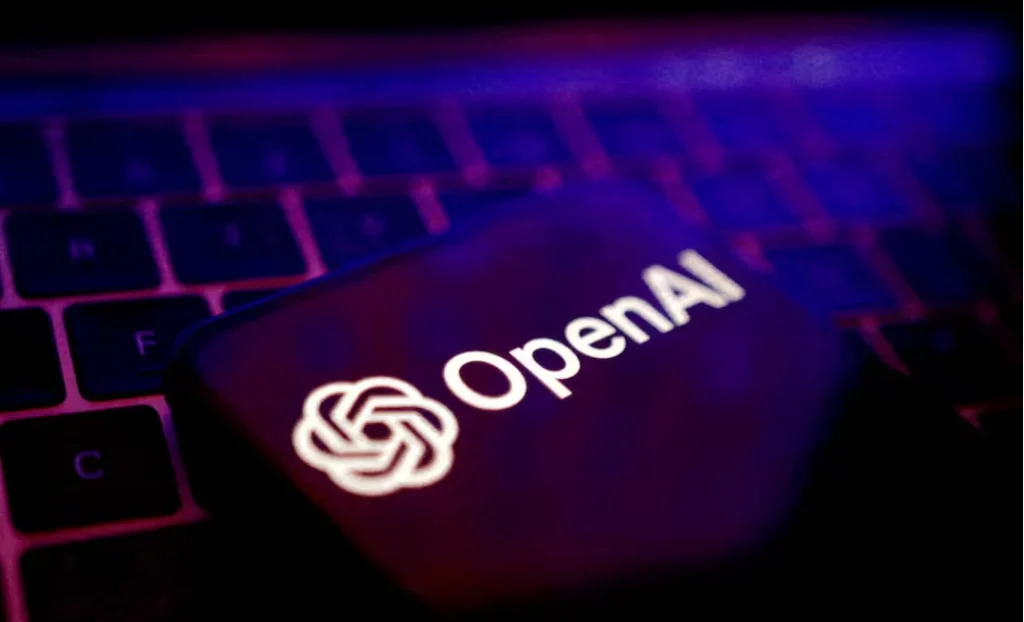Microsoft SharePoint Vulnerability Sparks Global Cybersecurity Concerns
A critical zero-day vulnerability in Microsoft’s SharePoint Server is causing panic across the global cybersecurity community, with thousands of organisations now exposed to potential breaches, ransomware attacks, and persistent intrusions.
According to security experts, this SharePoint flaw allows unauthenticated attackers to gain deep access into on-premise servers, enabling them to:
- Steal sensitive data
- Execute remote code
- Install backdoors for long-term access
- Launch corporate espionage and ransomware attacks
What Is the Microsoft SharePoint CVE-2025-53770 Vulnerability?
Identified as CVE-2025-53770, this zero-day vulnerability is being actively exploited by threat actors to compromise self-hosted SharePoint servers. Microsoft has confirmed the attacks and has released emergency patches to help mitigate the impact.
“The flaw allows remote code execution and full system compromise. This is a serious and active threat,” said a spokesperson from Palo Alto Networks.
Microsoft Confirms Breach, Releases Patch
Microsoft acknowledged that the vulnerability had already been used in live cyberattacks. In a statement first reported by Bloomberg, the company said:
“We’ve released a new security update to address active attacks targeting on-premise SharePoint installations. Additional patches are being rolled out.”
However, experts caution that patching alone may not be enough. If attackers have already:
- Stolen authentication keys
- Installed backdoors,
then systems may remain vulnerable even after applying updates.
Over 10,000 Organisations at Risk Globally
Cybersecurity firm Censys estimates that more than 10,000 organisations worldwide are running exposed SharePoint servers. Countries with the highest risk include:
- United States
- Netherlands
- United Kingdom
- Canada
“This is a dream scenario for ransomware operators. We expect a surge in attacks over the weekend,” said Silas Cutler, a threat researcher at Censys.
Google and CISA Sound the Alarm
The U.S. Cybersecurity and Infrastructure Security Agency (CISA) confirmed that the exploit enables attackers to:
- Access internal file systems
- Modify configurations
- Run malicious code
- Achieve persistent, high-level control over affected servers
Google’s Threat Intelligence Group also issued a statement, warning that the flaw allows:
“Persistent, unauthenticated access and presents a significant risk to affected organizations.”
Not Just About Data Theft — Ransomware and Espionage Loom
Unlike common exploits focused solely on data extraction, this SharePoint vulnerability opens the door to:
- Large-scale ransomware campaigns
- Corporate and state-sponsored espionage
- Long-term infrastructure compromise
Security firms, including Blackpanda, confirm that the breach has already affected:
- U.S. federal and state agencies
- Energy and telecom firms
- Academic institutions
- An unnamed Asian telecom company
Why This Matters — Especially for Nigerian Enterprises
This incident is a wake-up call for CIOs, CISOs, and IT administrators, especially in Nigeria, where many organisations still rely on self-hosted SharePoint systems for:
- Internal communications
- Document collaboration
- Enterprise resource management
“When hackers compromise SharePoint, they compromise the fortress. It’s one of the highest security layers most companies depend on,” said Gene Yu, CEO of cybersecurity firm Blackpanda.
Recommended Actions for Organisations
To prevent compromise or contain the damage, organisations should:
- Apply Microsoft’s security patches immediately
- Conduct forensic investigations to detect backdoors or key theft
- Monitor SharePoint servers for unusual behaviour
- Restrict external access where possible
- Implement multi-factor authentication (MFA)
- Review logs and server configurations for tampering
Final Thoughts: A Cybersecurity Emergency That Demands Urgent Action
The SharePoint CVE-2025-53770 exploit is not theoretical — it is being actively used by sophisticated attackers in the wild. With Microsoft, CISA, Google, and multiple cybersecurity firms confirming the real-world exploitation, this is a critical moment for organisational cyber hygiene.
From government agencies to private enterprises in Nigeria and beyond, the message is clear: Act now or risk catastrophic compromise.

